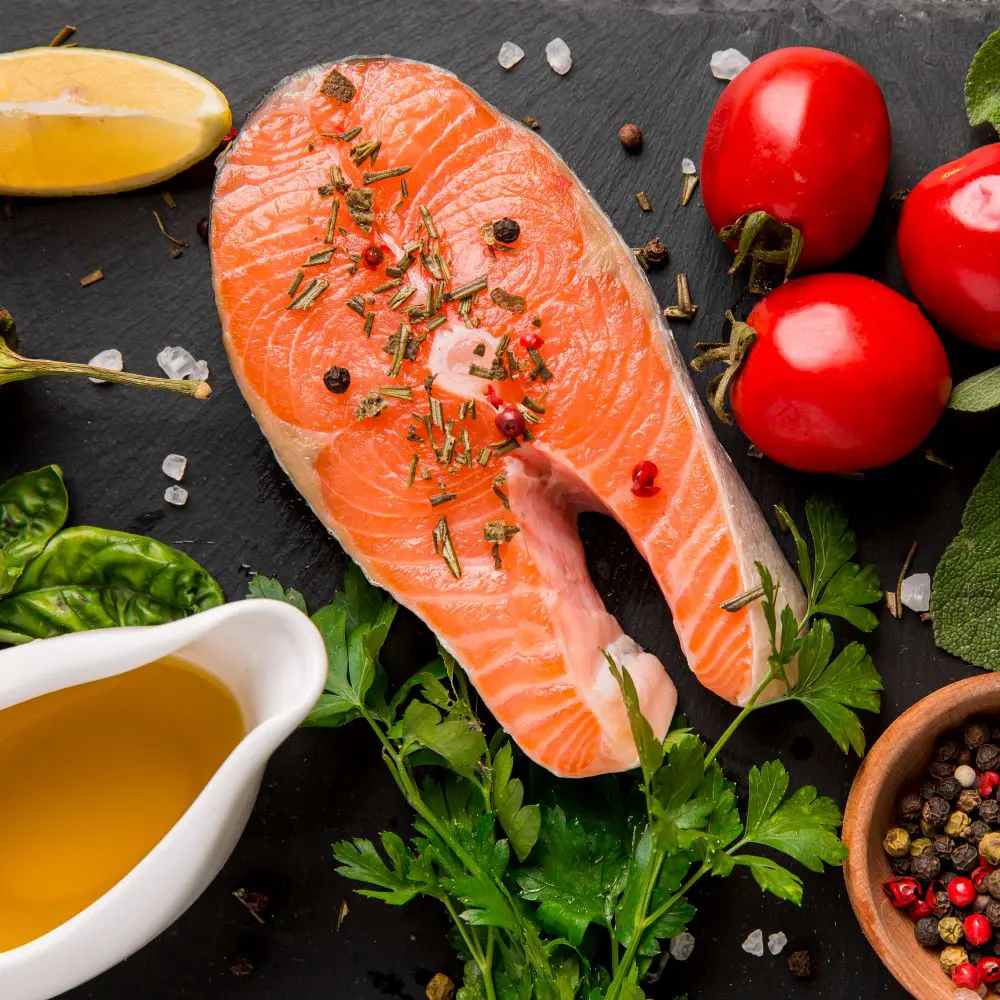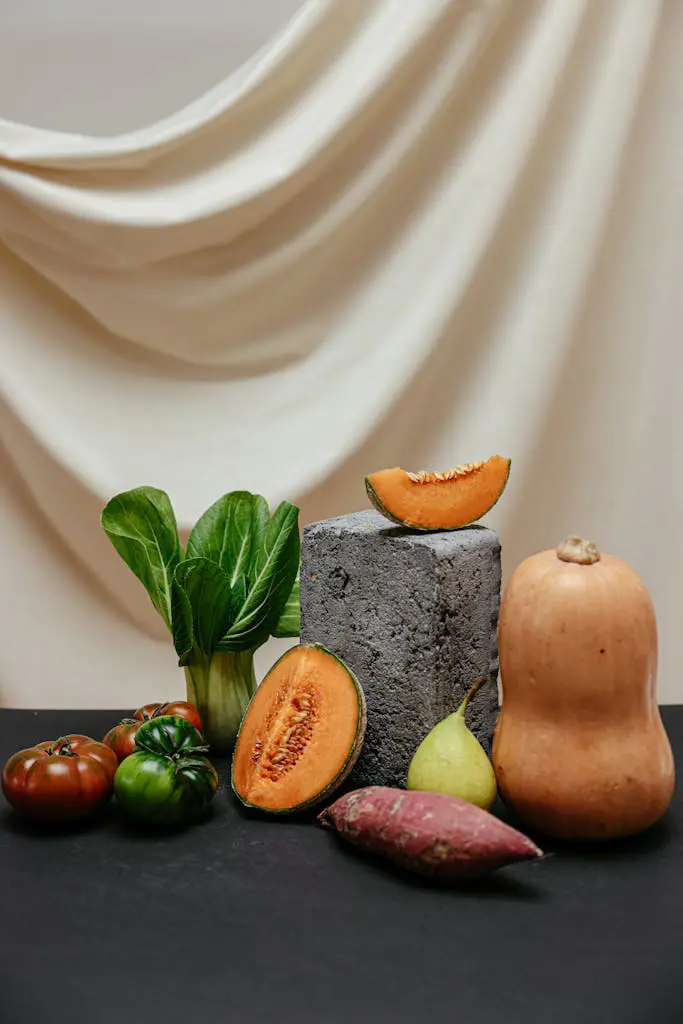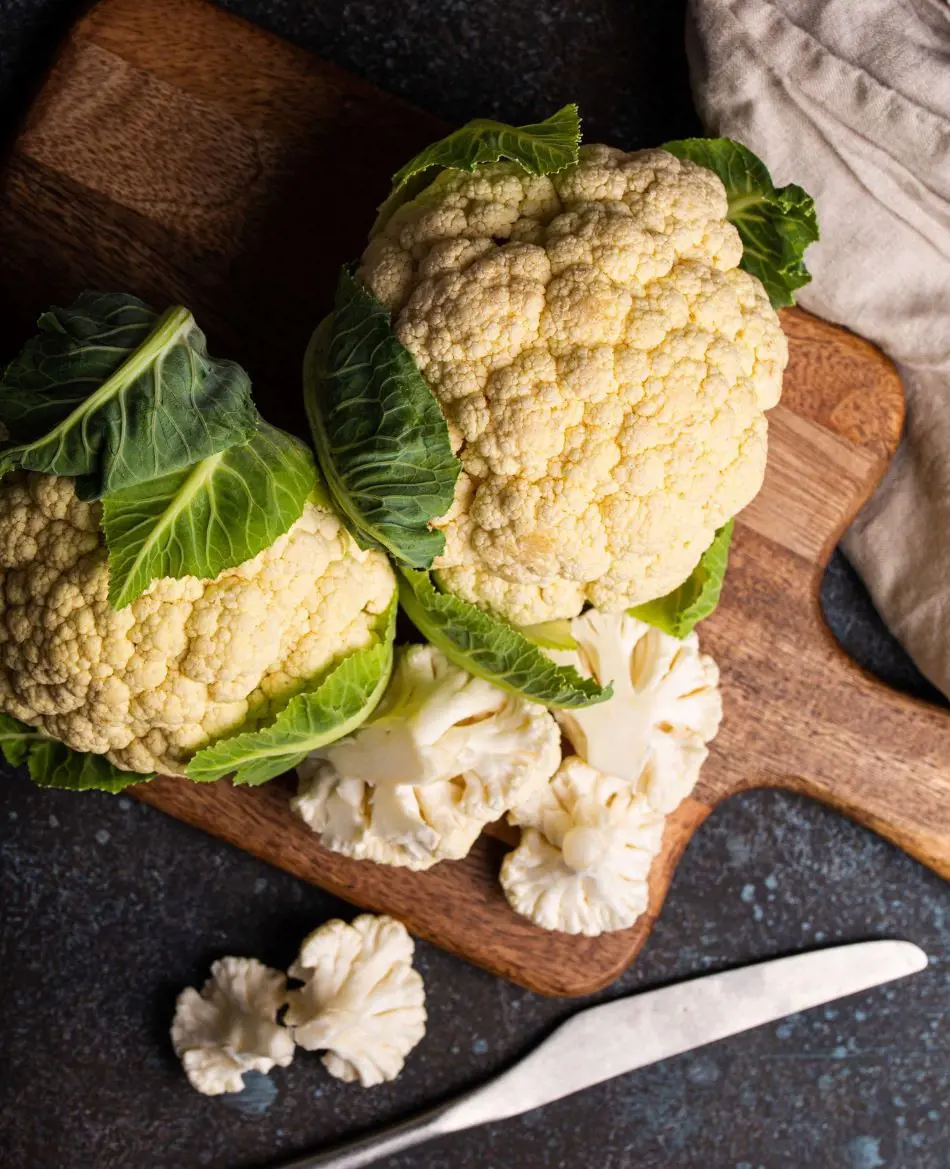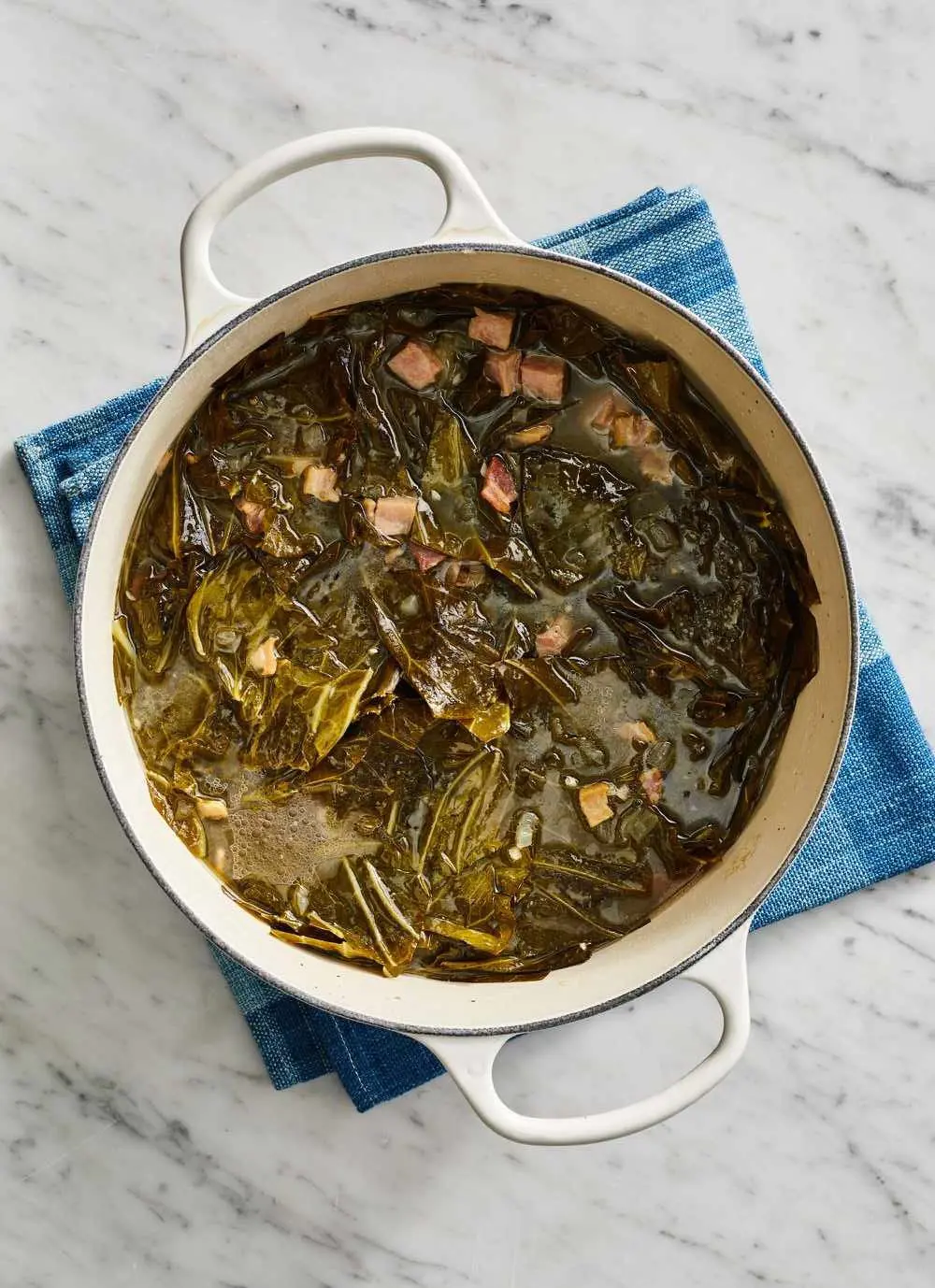15 Horseradish Benefits and Nutritional Value
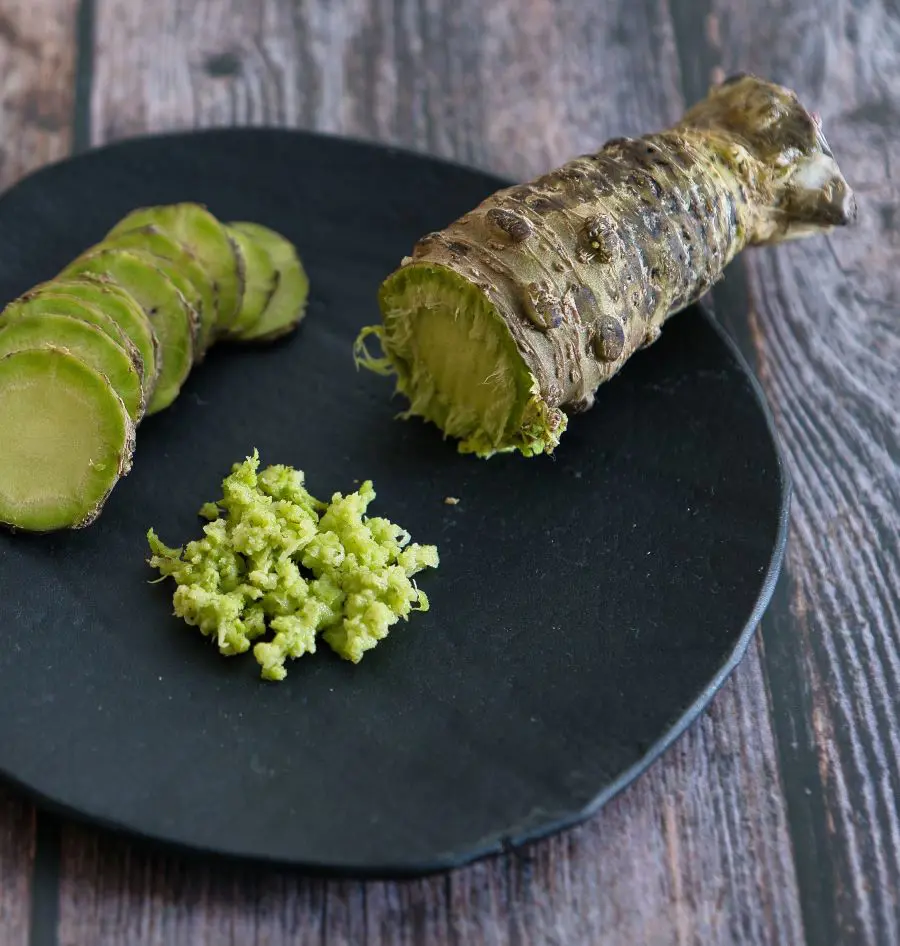
Horseradish is a rooted vegetable with a pungent taste and odor with vitamin C and potassium, offering gut-friendly fiber and essential minerals.
It has been used worldwide for thousands of years and can be a flavorful addition to your diet. Today, we'll asses the nutritional profile and health benefits of this plant.
1. Helps In Weight Loss
The root vegetable is low in calories and high in dietary fiber, making it an easy choice to add to your dietary intake. If you want help in losing weight, it can be a better addition to your diet.
It is one of the choices you love to add to salad dressings if you don't want to increase your calorie intake. The horseradish root benefits are it only contains 6 calories and no fat. Also, it contains healthy cholesterol and omega-6 fatty acids for metabolism.
2. Naturally Antibacterial
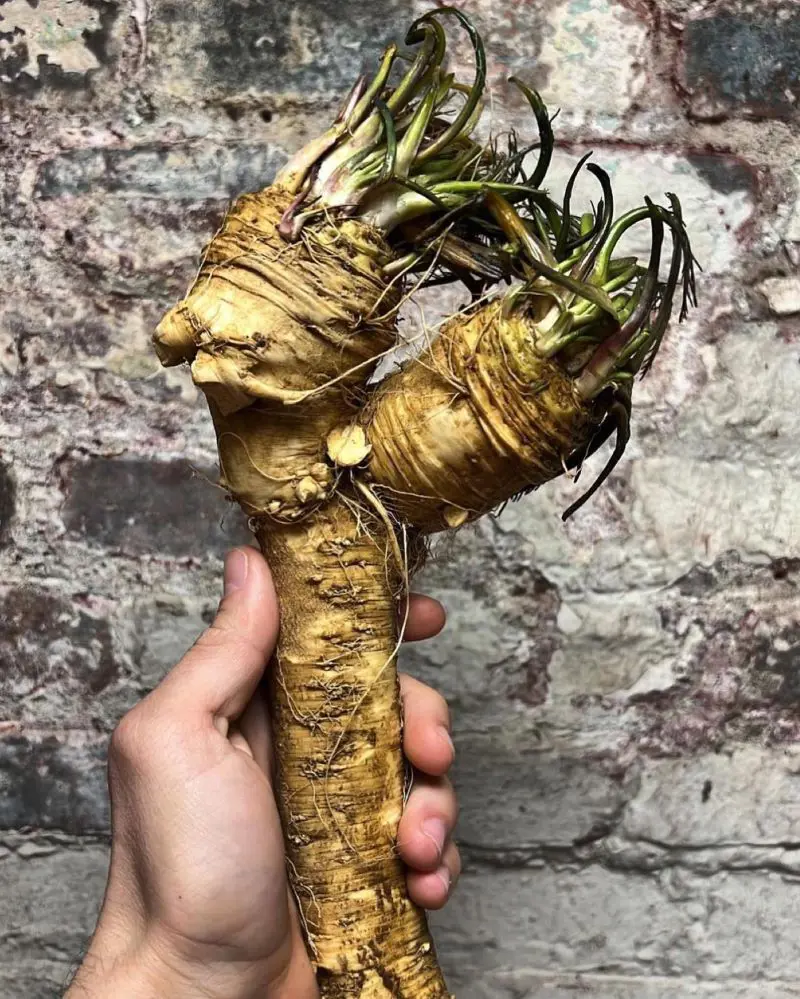
Several studies have shown that horseradish has an antibacterial component called allyl isothiocyanate, which kills harmful bacteria and microbes that result in infections.
These components convert to isothiocyanates when the root is grated, chopped, or chewed and are the key players showing their antibacterial effects. However, horseradish root benefits might depend on the quantity consumed and how it is prepared.
3. May Treat Urinary Tract Infections
The one horseradish root benefit is that it can fight microbes and bacterial growth. It is very successful in treating acute urinary tract infections better than other conventional treatments.
The glycoside sinigrin found in these roots is known to prevent water retention and acts as a natural diuretic, helping to prevent kidney and UTC infections. Also, the presence of allyl isothiocyanates, expelled through the urine may aid in the infection-fighting properties of this root veggie.
4. Helps In Digestion

Along with the taste it provides, it also helps in a healthier digestive process including absorption. It is a part of a group called cholagogues because it can trigger the gall bladder to release bile, a key aspect of digestion.
Also, the phytochemicals in roots can stimulate glands that help with digestive processes such as salivation and the release of intestinal and gastric juices. Adding to that, the fiber content helps move the bulk of waste in the body and stimulates bowel moments.
5. Boost Up Metabolism
Another great health benefit of this rooted vegetable is it can help boost metabolism. It contains a natural chemical called isothiocyanates which assists in your weight management by naturally revving up your metabolism.
The protein ingested by eating horseradish can be metabolized into useful energy and used to repair and strengthen defenses against several diseases. Thus, it provides energy and helps you perform your daily tasks more easily.
6. Supports Immune System

Phytochemicals found in horseradish are responsible for its strong smell. Those compounds are in the form of isothiocyanate, sinigrin, and others, which can mimic the ability of antioxidants, giving a boost to the immune system.
In addition, along with the vitamin C content, the antioxidants help produce and stimulate white blood cell activity, which is crucial for building a strong immune system.
7. May Help In Preventing Cancer
It may sound surprising but sinigrin has been beneficial in defending your body against cancerous growth. It stops the healthy cells of your body from transferring into part of cancerous growth because of free radicals as an antioxidant.
However more research needs to be done to confirm the findings but it shows positive signs as sinigrin is a glucosinolate, which serves as a special antioxidant, carrying the properties to prevent cancer growth.
8. Diuretic Qualities

Horseradish has some diuretic properties, which means it helps in promoting urination. It is crucial to regularly throw toxins away from your body and keep your liver clean.
In addition, it is beneficial for your kidneys since it helps in the filtration process and flushes out all the body toxins, helping your body feel energized and refreshed.
9. Helps Reduce Inflammation
One Italian study states that the horseradish can fight inflammation by reducing the release of reactive oxygen species.
Like other members of the mustard plant family, it contains a compound called sinigrin. Records have shown that sinigrin has reduced inflammation by changing the immune system parts that cause inflammation. Also, it has been shown that the compound also helps relieve symptoms of atherosclerosis, even though additional research is required.
10. Fights Cell Damage
Being naturally rich in antioxidants, having horseradish roots can help to protect your body from any cellular damage.
Early studies have suggested that horseradish may prevent the growth of colon, lung, and stomach cancer cell growth. Also being high in vitamin C, it helps stimulate white blood cell activity, eventually resulting in a strong immune system.
11. May Improve Respiratory Health

The antibiotic properties of horseradish root play a significant role in treating respiratory ailments. If you have eaten horseradish before, you might be familiar with its unique burning sensation, it can set in your nose, throat, and sinuses.
Although the distinct odor makes your nose curl up and your eyes water, it can be quite helpful in stimulating the secretion of fluids that reduce congestion developed as a result of cold or allergic reactions. Also, it can clean all the extra mucus which is uncomfortable inside the respiratory tract.
12. Enhances Performance
Although it is packed with nutrients such as protein and vitamins, horseradish doesn't contain fat or any harmful calories in it. It allows the protein to be converted into energy, creating a positive impact on physical performance.
Furthermore, the energy generated from protein produces new tissues and cells used in the repair of worn-out organs and increases their ability to fight toxins. Also, it not only increases energy levels but also makes you stay focused on various mental tasks.
13. Boosts Circulation And Clears Mucus
If you feel a cold or sinus running, horseradish could be your best friend. Its higher sulfur levels have been shown to help clear sinus passages and clear out mucus.
Also, the bio compounds found in the root vegetable can assist you in preventing drainage and assisting with facial circulation.
14. A Powerful Antioxidant For Skin
This root vegetable is considered a powerful antioxidant for the skin. Its extract is known to improve the skin's appearance and promote the production of collagen.
The collagen formed in the skin can help with skin firmness and improve elasticity. Its antioxidant compounds neutralize harmful free radicals, the unstable molecules that damage skin cells and contribute to aging and other skin issues.
15. Stronger Bones
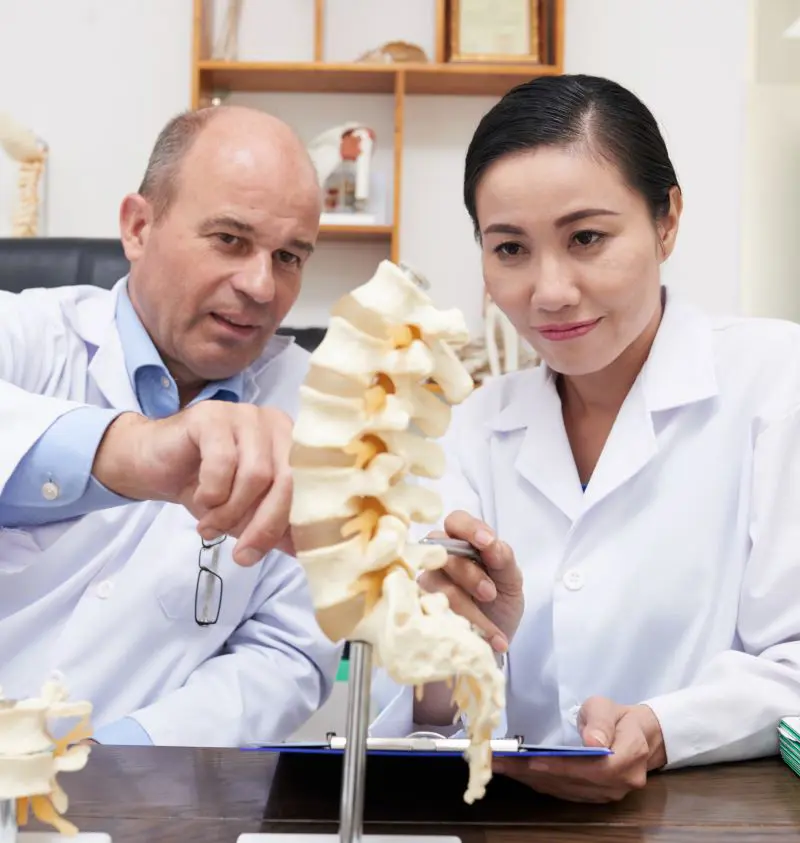
Although the serving size of horseradish is only one tablespoon, it possesses around 8.4 milligrams of calcium. Its content of calcium is a fair amount and would be a healthy contribution to the regular dietary intake.
Calcium is crucial to the development and maintenance of bones which can retain vitality and strength. So, if your bones have strength, the risk of developing conditions such as arthritis and osteoporosis is also reduced effectively.
Horseradish Nutritional Value
Since horseradish is usually eaten in trace amounts, its typical serving is low in calories but has several minerals and plant-based compounds.
One tablespoon (15 grams) of prepared horseradish per serving include:
- Calories: 7kcal
- Protein: Less than 1 gram
- Fat: Less than 1 gram
- Carbs: About 2 grams
- Fiber: Less than 1 gram
- Sodium: About 60 milligrams
- Sugars: Less than 1 gram
It is a nutritional powerhouse packed with vitamins, minerals, and unique plant compounds. It delivers an abundant dose of vitamin C, for immunity. Also, horseradish contains potassium for heart and muscle health.
Vitamin C
One tablespoon of horseradish provides about 2.4 mg of vitamin C, around 3% of the regular Daily Value (DV). It is a crucial antioxidant that supports immune function, collagen production for healthy skin and tissues, and iron absorption.
Potassium
One tablespoon offers about 12.3 mg of potassium, contributing roughly 0.3% of the DV for adults. It is essential for maintaining healthy blood pressure, muscle function, and nerve transmission.
Fiber
It contains about 0.2 g of fiber, which is negligible, compared to DV (25-38g for adults). It promotes gut health, digestion, and feelings of fullness.
Manganese
It contains about 0.04 mg of manganese, fulfilling approximately 2% of the regular dietary intake. It is a trace mineral in enzyme function, metabolism, and antioxidant activity.
Magnesium
Horseradish offers a small amount of magnesium, around 4 mg, less than 1% of the DV for adults. It aids in muscle health, blood sugar control, and enzyme function.
Calcium
Calcium is essential for strong bones and teeth, muscle function, and nerve transmission. One tablespoon contains minimal calcium, around 2.8 mg, less than 0.3% of regular dietary intake.
Recent posts
Nutrition
Nutrition
Licorice Root: Benefits And Uses
You can spell it liquorice or licorice; this herb or root has been in use for centuries in most medicinal applications, as a natural sweetener and to enhance flavors. Regarding its origins, it comes from the root of the "Glycyrrhiza galbre" plant and...
Nutrition
Is Salmon Good For You? Nutritional Facts and Benefits
Salmon fish is a staple diet throughout the world, popular as a super food for its nutrients. Whether savored in sushi, poached, grilled, roasted, or pan-fried, salmon offers minerals and vitamins that contribute to healthy bodily functions. In addit...
Nutrition
25 Smoked Salmon Recipes That You Will Enjoy
Salmon is a silver-colored fish that is loaded with many nutrients, vitamins, and omega-3 fatty acids. Smoked Salmon is better for improving your health and reducing the risk of cancer, heart-related diseases, fights inflammation, reduces anxiety and...
Nutrition
Are Sausages Healthy? Nutrition And Health Benefits
Sausages are tasty in an addictive way, making them one of the most popular foods worldwide. You may have enjoyed this convenient food often, whether on a bun with mustard or grilled on a barbecue, the simple preparation methods are what makes its co...
Nutrition
20 Vegetables That Are Rich In Iron
Iron is essential for our bodies to function well. When we don't get enough iron, we often feel weak and tired. It's important to address iron deficiency early by eating the right foods. Fortunately, many vegetables are rich in iron and can help prev...
Nutrition
15 Cauliflower Nutrition Facts And Health Benefits
Cauliflower, a cruciferous vegetable, resembles a white variation of its relative, broccoli. Like broccoli, it has closely bunched florets attached to a thick core, often surrounded by a few leaves. While white is the most common color, cauliflower i...

